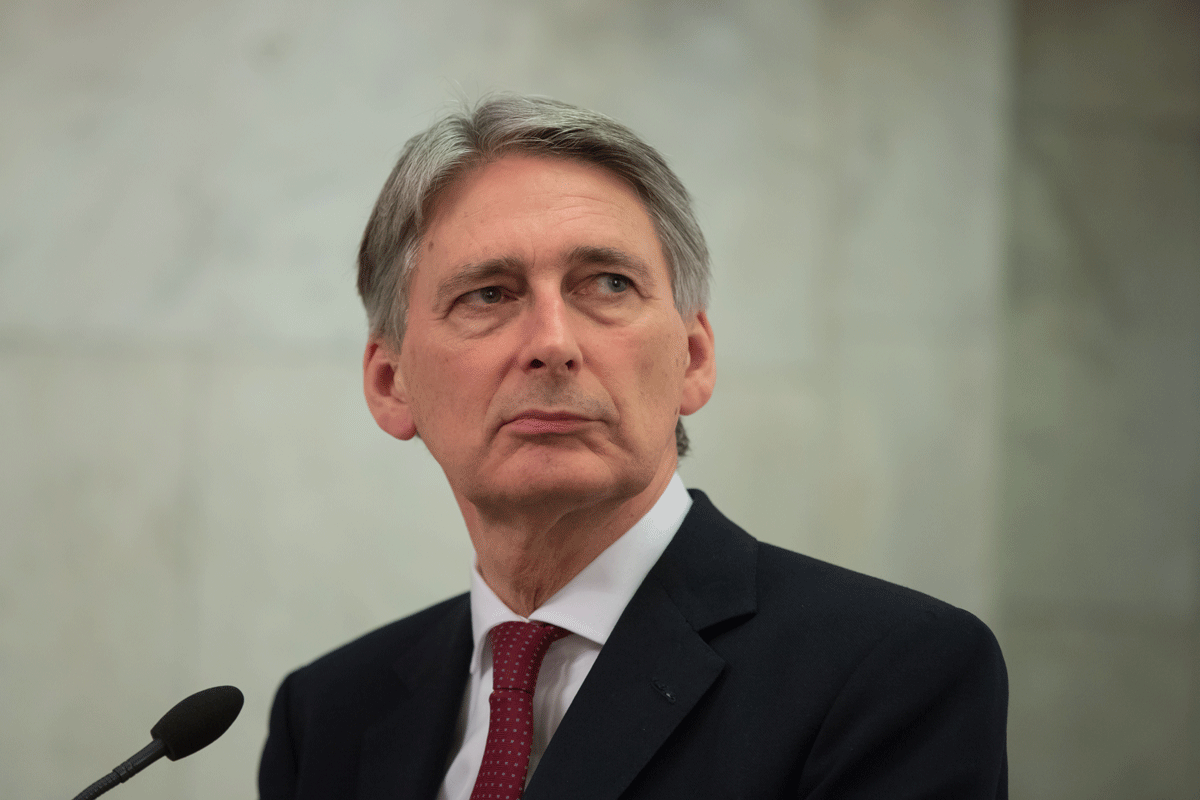Find out what changes were made to the property market in Chancellor Philip Hammond’s first Autumn Statement.
Chancellor Philip Hammond has announced a ban on letting agent fees and a raft of measures to build new homes as part of this year’s Autumn Statement.
Delivering his first statement to the House and in a controversial move, he announced letting agents will be banned from imposing upfront charges on tenants – which are around £202 (according to the Association of Residential Letting Agents) and £337 (according to Citizens Advice).
It is believed around 4.3million tenants will benefit and the measure will come into effect as soon as possible.
But David Cox, managing director of the ARLA Propertymark (formally the Association of Residential Letting Agents), said the move was “a draconian measure”, and would have a profoundly negative impact on the rental market.
“This decision is a crowd-pleaser which will not help renters in the long-term,” he said. “These costs enable agents to carry out various critical checks on tenants before letting a property.”
Mr Cox said the average fee charged by its agents was “fair, reasonable and far from exploitative for the service tenants receive,” and could end up hurting the very people the Government is trying to help if the costs are passed from the landlord to the tenants.
Nick Leeming, chairman of Jackson-Stops & Staff, said the plans would add to the “barrage of increased costs” that have hit landlords in recent months, including a hike in stamp duty.
Paul Smith, CEO of Spicerhaart, said the ban on fees would lead to backdoor rent rises for tenants.
He said: “The cost of administration such as references and inventories that tenant fees would have previously covered are now likely to be passed on to the tenant through their rent.
“We estimate that rents will on average increase by £21.25 per month, which is an extra £255 a year, as a direct result of this change – with tenants in London likely to be much worse off.”
And Richard Price, Executive Director at the UK Association of Letting Agents (UKALA), added: “A ban on agent fees may prevent tenants from receiving a bill at the start of the tenancy, but the unavoidable outcome will be an increase in the proportion of costs which will be met by landlords, which in turn will be passed on to tenants through higher rents.”
But the housing charity Shelter and Citizens Advice both welcomed the step.
Mr Hammond also chose to announce a raft of measures for new homes, including:
- £1.4billion for the construction of 40,000 affordable homes by 2020/21
- £2.3billion to ‘unlock land’ for housing in areas of high demand and build up to 100,000 affordable homes
- £3.5billion for 90,000 affordable new homes in London
Mark Hayward, managing director of the NAEA Propertymark, said: “The creation of 40,000 new homes that this new funding is expected to deliver is still painfully short of the number of affordable homes we need to solve the housing crisis and get first time buyers on the housing ladder.
“It is vital that the Government uses this to signal a radical rethink in its housing strategy and consider measures such as building homes on unused Green Belt land to really kick start the house building boom we badly need.”
He also announced a pilot of Right to Buy in the regions for housing association tenants. A White Paper on the “long term challenges” of affordable housing will also be published.
There were no changes made to current stamp duty rules, nor the three per cent surcharge imposed on second home owners in April this year, despite the latter being deeply unpopular among property market professionals.
See www.onthemarket.com/newandexclusive. Agents specify exclusivity and are committed to accuracy under terms of use.





